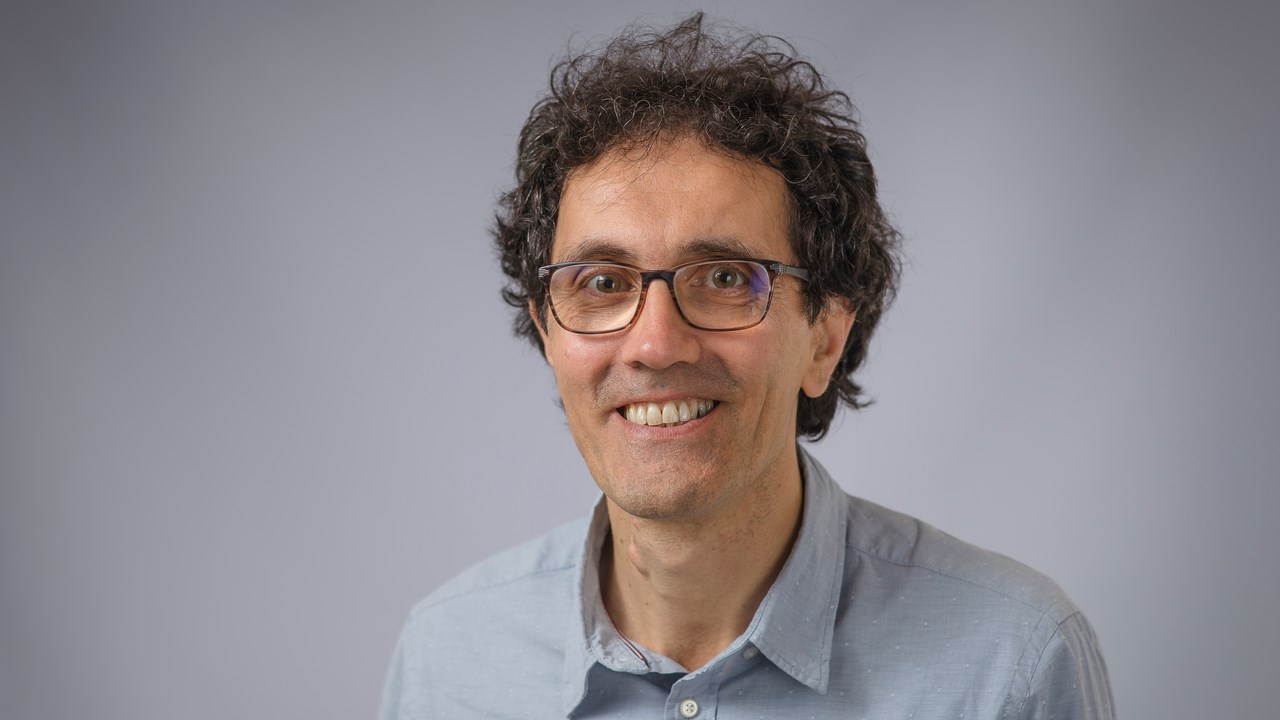Professor Diego Calvanese is considered one of the world's leading experts in AI for data management. He holds a full professorship at The Free University of Bozen-Bolzano in Italy, and has in recent years, through WASP, Sweden's single largest research programme, been a visiting professor at the Department of Computing Science in Umeå, where he collaborates with other researchers, and supervises three doctoral students. Professor Calvanese received The AAAI Classic Paper Award 2021 in 2021.


